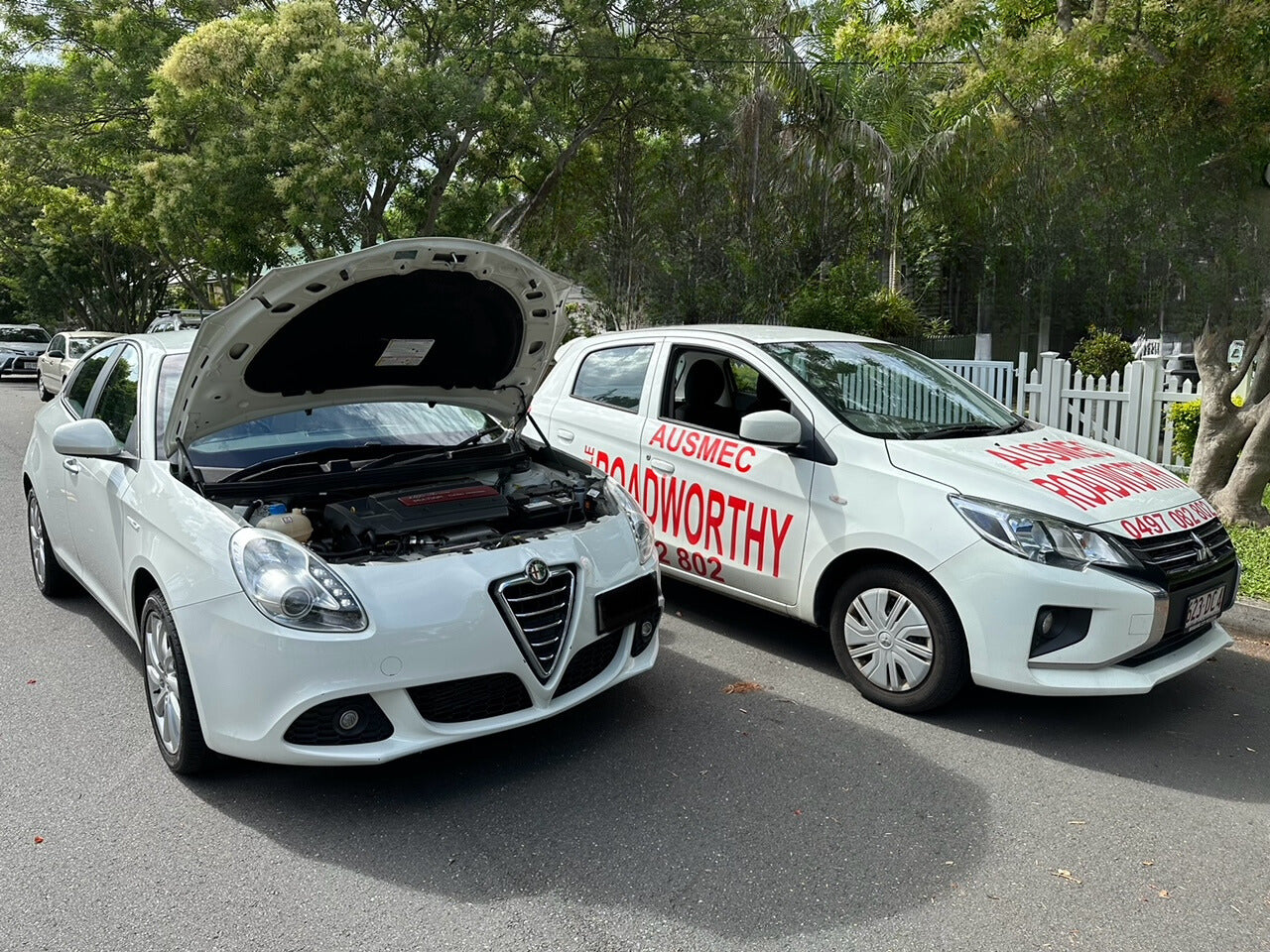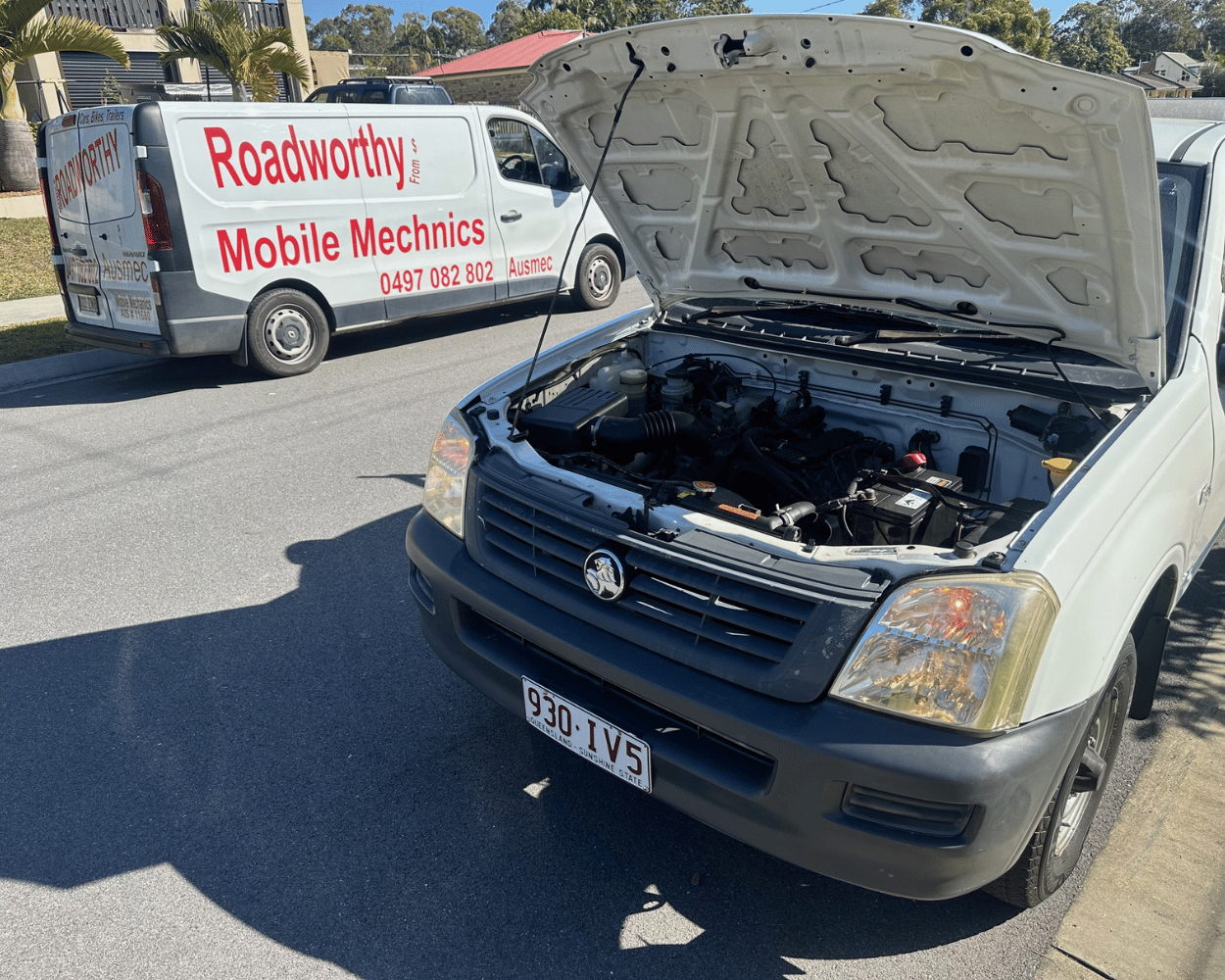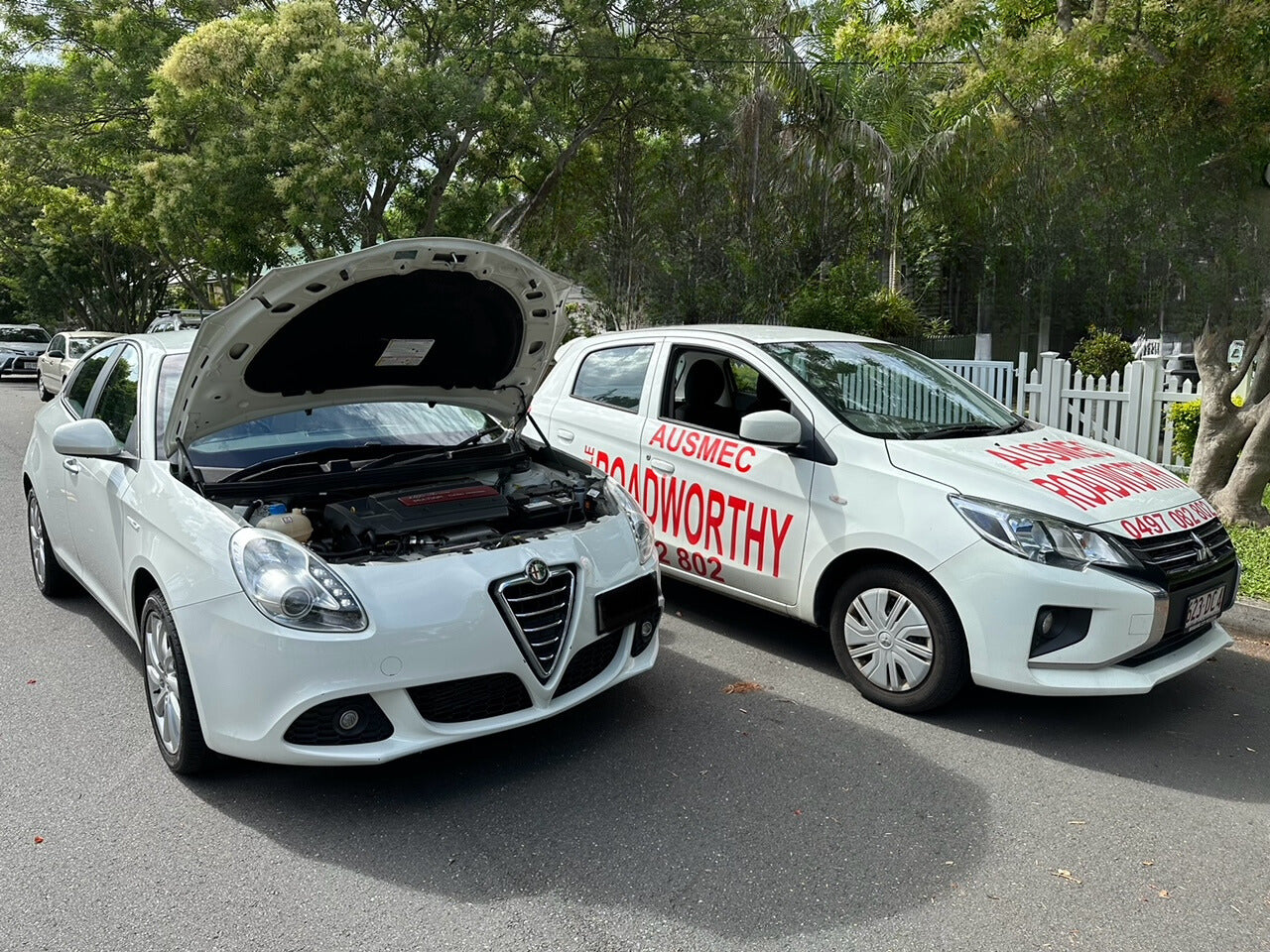AIS Responsibilities
AIS Responsibilities: Maintaining Road Safety Standards (Queensland)
Approved Inspection Stations (AIS) in Queensland play a crucial role in ensuring road safety by conducting thorough inspections and issuing roadworthy certificates (RWCs). The Department of Transport and Main Roads (TMR) establishes a set of business rules outlining the specific responsibilities AIS operators must follow. Let's delve deeper into these responsibilities, referencing relevant legislation:
1. Dedicated and Suitable Inspection Area (Ref: Business Rules for Approved Inspection Stations - Section 1 & Queensland Department of Transport and Main Roads - Approved Inspection Station premises, inspection area and equipment):
- The approval holder must ensure the fixed AIS premises have a dedicated and suitably sized inspection area (Business Rules for Approved Inspection Stations - Section 1: [invalid URL removed]). This ensures adequate space for inspectors to safely and comprehensively assess all vehicle types the AIS is approved to inspect (Queensland Department of Transport and Main Roads - Approved Inspection Station premises, inspection area and equipment: [invalid URL removed]).
2. Compliance with Regulations (Ref: Business Rules for Approved Inspection Stations - Section 2):
- The AIS approval holder is responsible for ensuring the fixed AIS premises comply with all relevant local, state, and commonwealth government requirements and regulations applicable to the operation of a fixed AIS (Business Rules for Approved Inspection Stations - Section 2: [invalid URL removed]). This encompasses regulations related to workplace safety, environmental protection, and waste disposal, along with those specific to roadworthiness inspections.
3. Qualified Examiners and Required Equipment (Ref: Business Rules for Approved Inspection Stations - Section 3 & 4):
- The AIS approval holder must ensure that only qualified examiners conduct vehicle inspections (Business Rules for Approved Inspection Stations - Section 3: [invalid URL removed]). These examiners must meet TMR's training and experience requirements. Additionally, the AIS must utilize the equipment necessary for inspecting the types of vehicles listed in their approval (Business Rules for Approved Inspection Stations - Section 4: [invalid URL removed]). This equipment ensures inspectors can accurately assess all aspects of a vehicle's roadworthiness.
4. Signage and Public Visibility (Ref: Business Rules for Approved Inspection Stations - Not explicitly mentioned but implied):
- While not explicitly mentioned in the business rules, proper signage at the AIS premises is crucial for public visibility and identification. This aligns with the overall goal of transparency and public confidence in the roadworthiness inspection process.
5. Additional Responsibilities:
The business rules outline other essential responsibilities for AIS operators, including:
- Maintaining detailed records of inspections and issued RWCs for TMR monitoring and audit purposes.
- Ensuring inspectors adhere to standardized procedures for conducting roadworthy inspections.
- Cooperating with TMR during investigations or audits.
Conclusion:
By adhering to these AIS responsibilities outlined in the business rules and relevant legislation, AIS operators contribute significantly to a safer road environment in Queensland. These rules promote consistency, expertise, and transparency in roadworthiness inspections, ultimately protecting the public from unsafe vehicles.
Contact form
Ausmec Mobile RWC & Mechanics
Mobile Roadworthy (Safety certificate)
Share




